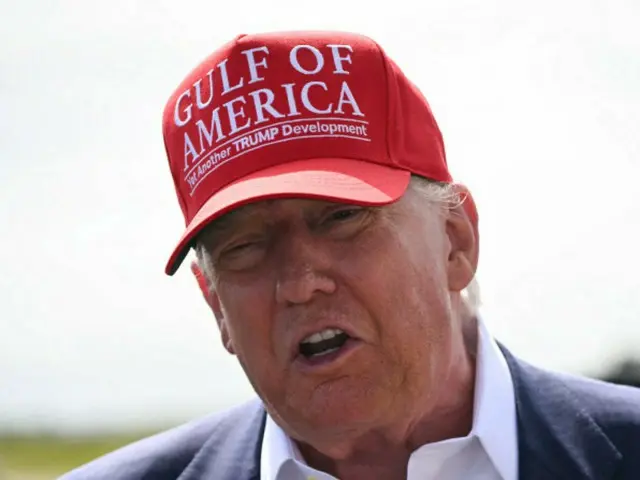In an interview with CNBC on the 5th, US President Donald Trump said that South Korea, Japan, the European Union (EU), and other countries are making large investments in the US.
Regarding the promise, he said, "This is not a loan, it's a gift." This is because the South Korean government has said that its $350 billion investment in the United States is "in the nature of a reinvestment, and a significant
This contradicts the explanation that "the investment portion consists of loans and loan guarantees." Previously, US Secretary of Commerce Howard Lutnick said, "The US will receive 90% of the investment profits," but Korea
Kim Yong-beom, chief of staff for policy at the presidential office, denied the idea, saying, "The revenue structure has not yet been decided." The current talks are aimed at avoiding a wave of high tariffs from the US and reducing uncertainty about the Korean economy.
However, concerns and doubts remain about the fact that the negotiations ended without a single agreement document. There is a possibility that friction will arise in the future during interpretation and further negotiations.
Considering that agreements between nations are acts of mutual promise based on trust, situations like this are cause for concern.
The relationship between the two countries should be further developed as a solid economic alliance, and careful coordination and consensus building are essential to this end.
Strictly speaking, this agreement will allow Korean export companies to trade freely.
For example, Japan's tariff on automobiles has been raised from 2.5% to 15%, while South Korea has lost the benefit of tariff-free trade.
This shows that South Korea's exports have become less competitive. There are other signs of this export crisis. According to Fitch Ratings, an international credit rating agency, South Korea's effective tariff rate on US goods was 0.01% before April 3rd.
In the past, South Korea was ranked joint third among the 21 countries surveyed by Fitch, but since August, it has jumped to 17.1%.
The gap with 16th-place Japan (effective tariff rate 17.6%) also narrowed significantly, from 1.3 percentage points to 0.5 percentage points.
On the 4th, Choi Tae-won, chairman of the Korea Chamber of Commerce and Industry, said, "We believe that the current negotiations have been concluded.
"It's still too early to say anything," he said. As he said, the latest round of talks was a "good fight" that avoided the worst-case scenario, but there are still many risk factors remaining for the Korean economy.
The government should keep a firm grasp of the details of the negotiations and do its utmost to protect the national interest until the day when the leaders of the two countries meet face-to-face to reach a final settlement.
2025/08/07 09:52 KST
Copyrights(C) Edaily wowkorea.jp 88

